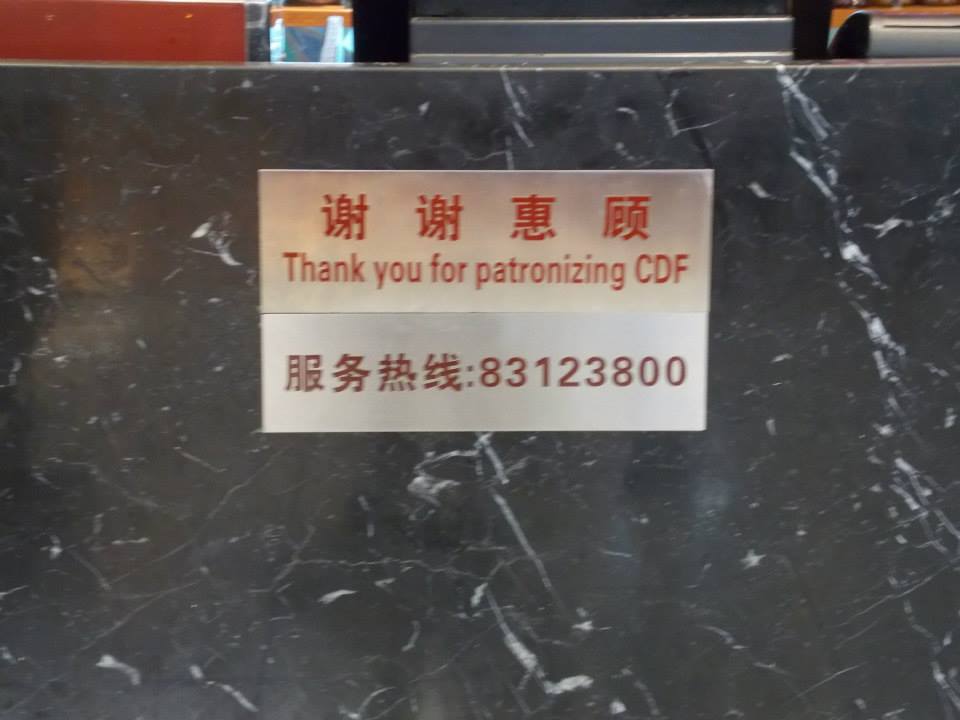 One of the first things we learn when we begin to learn a language is how to say “thank you.” This useful phrase can make us appear both charming and refined when interacting with people who barely know you and barely speak your own language. In English-speaking countries, it has become so commonplace that we use it for just about any sort of favour, no matter how trivial, and to not use it would be inviting a glare and a hiss. So naturally I brought my western formalities to China and said “xiè xiè” (thank you) nearly every time someone did something nice for me, from giving me a gift to handing me a pair of chopsticks, thinking I was being my good ol’ polite self. However, I quickly discovered that in China, more than a couple ‘thank you’s can be too much of a good thing.
One of the first things we learn when we begin to learn a language is how to say “thank you.” This useful phrase can make us appear both charming and refined when interacting with people who barely know you and barely speak your own language. In English-speaking countries, it has become so commonplace that we use it for just about any sort of favour, no matter how trivial, and to not use it would be inviting a glare and a hiss. So naturally I brought my western formalities to China and said “xiè xiè” (thank you) nearly every time someone did something nice for me, from giving me a gift to handing me a pair of chopsticks, thinking I was being my good ol’ polite self. However, I quickly discovered that in China, more than a couple ‘thank you’s can be too much of a good thing.
The first time someone made me aware of how polite I was being was in my neighbourhood gym, where grunting is usually the preferred method of communication. Let’s look at how an interaction entirely in Chinese at my gym went:
Trainer: Your Chinese is quite good!
Me: Thank you!
Trainer: Here, let me help you.
*I do a set of bench presses while the trainer spots the weight*
Me: Thanks!
Trainer: You’re welcome.
*I finish another set*
Me: Hey, thanks again!
Trainer: You westerners sure like to say thank you a lot.
Me: Does it sound weird?
Trainer: I know many foreigners like to say thank you for most favours, so I understand why you would as well. But most Chinese people, we would never say thank you so much!
When the trainer said that, my mind immediately raced through previous interactions I have had with other Chinese people and conversations between Chinese friends and colleagues I have eavesdropped on. Come to think of it, I didn’t recall hearing very many “thank you”s being exchanged. In fact, to many Western ears, it may even sound like they were being rude to each other!
So, why don’t Chinese people say thank you as much as westerners do?
Intrigued, I asked the trainer why Chinese people do not sprinkle the phrase “thank you” as liberally throughout conversation as we westerners are so accustomed to doing. She explained that, even when talking to a stranger, the use of the phrase “thank you” serves to create a distance between two people, and implies that you would rather keep the relationship formal instead of friendly. Chinese people usually reserve “thank you” for very large favours, or when gifts are being given; it is rarely dropped between friends and family. A favour is usually expected to be reciprocated in the future, so in lieu of a verbal expression of gratitude, an action will nearly always speak louder than words. Though this cultural difference is slowly being changed with increasing western influence, it is still important to remember that when Chinese people don’t say thank you or when they find it odd when you do, 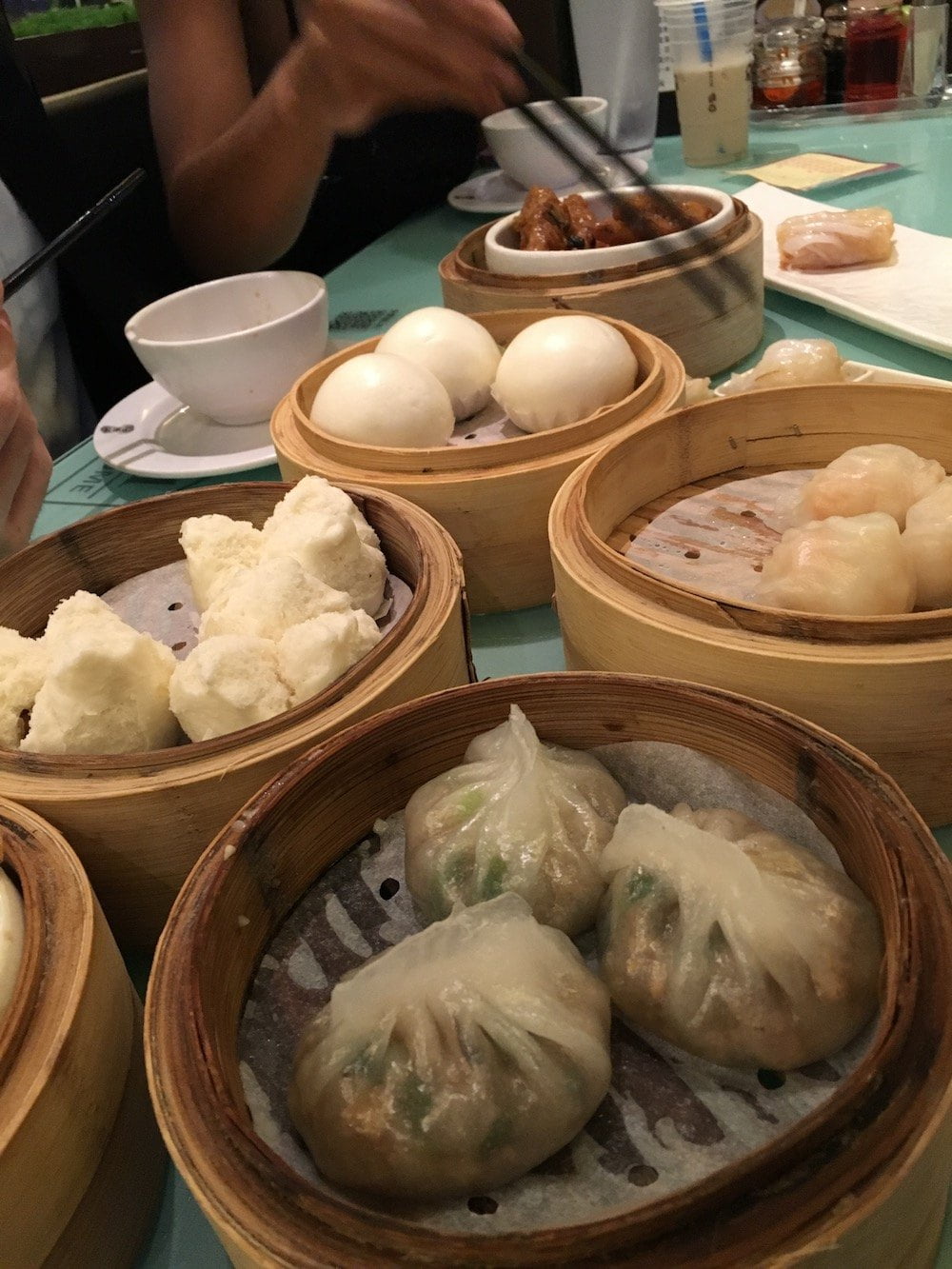 it is not entirely rooted in rudeness or politeness, rather it is more likely due to differences in the way East and West perceive and reciprocate actions.
it is not entirely rooted in rudeness or politeness, rather it is more likely due to differences in the way East and West perceive and reciprocate actions.
So, when should we use “xiè xiè” (thank you)?
Between close friends and family, “thank you” should only be reserved for very large favours or gifts (sorry, passing the salt doesn’t warrant it). Between co-workers and acquaintances, it can be used a little more often but should not feel excessive. Treating you to lunch would be an example of when to say it, with the expectation that you will treat them to lunch at some point in the near future. With strangers, it is okay to say thank you if they help you out, however, I rarely hear it being said to convenience store or supermarket cashiers. Basically, learn by observation, and you will pick it up quickly.
These are just a few tips on “thank you” culture in China. As a foreigner in China, it is always worth it to adapt to local customs as it will bring you closer to other people. On the other hand, as a foreigner in China, people don’t expect you to be able to grasp every little cultural nuance, so why not just be your polite self and say thank you when you feel the need to? After all, some people may find it charming.

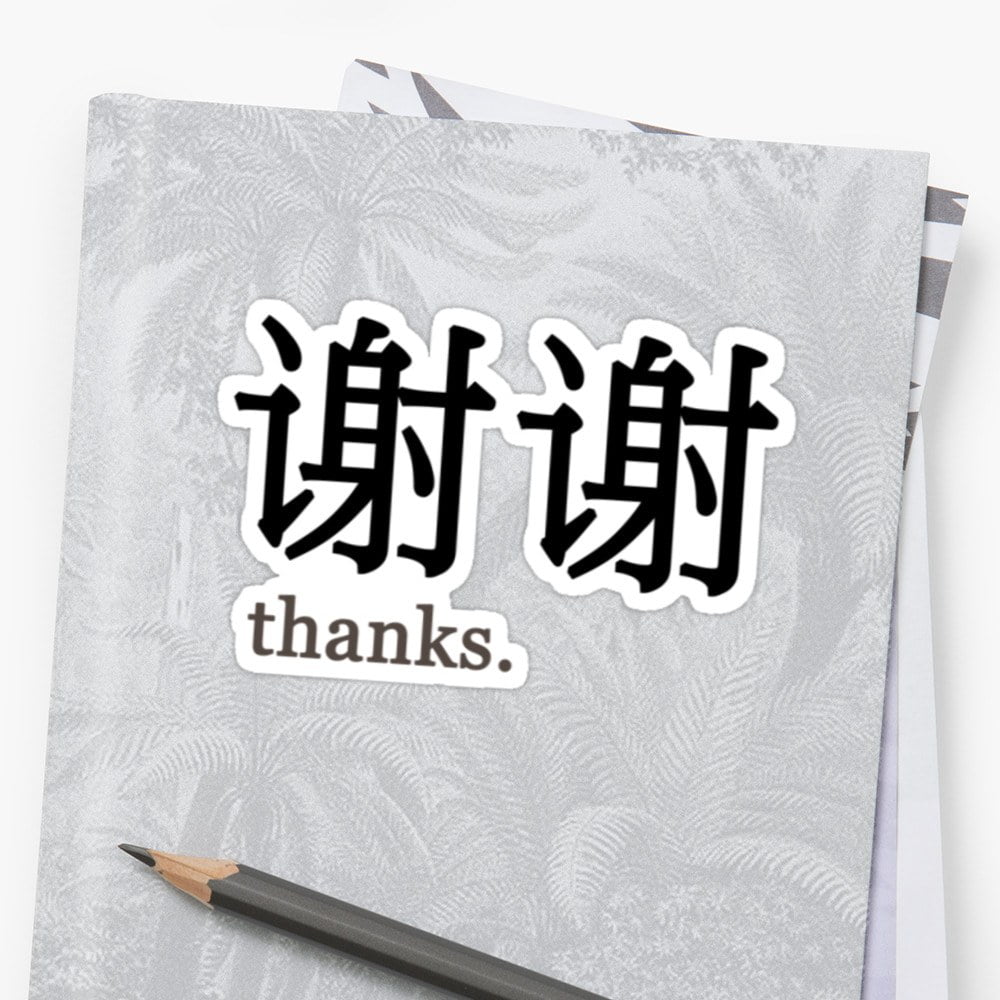

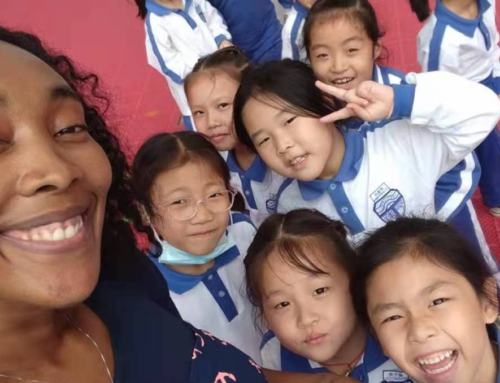
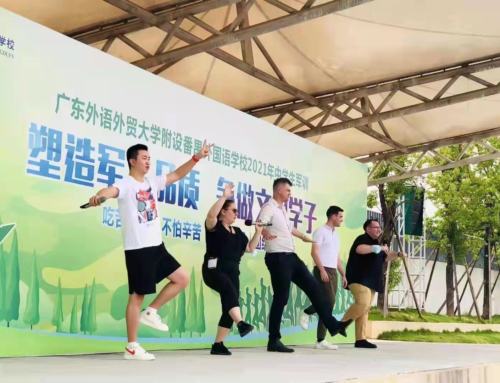
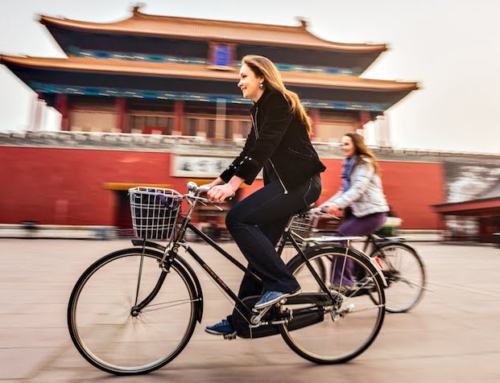











Leave A Comment